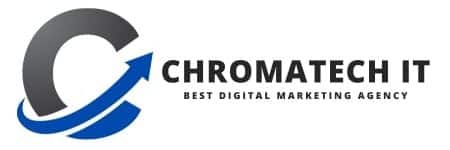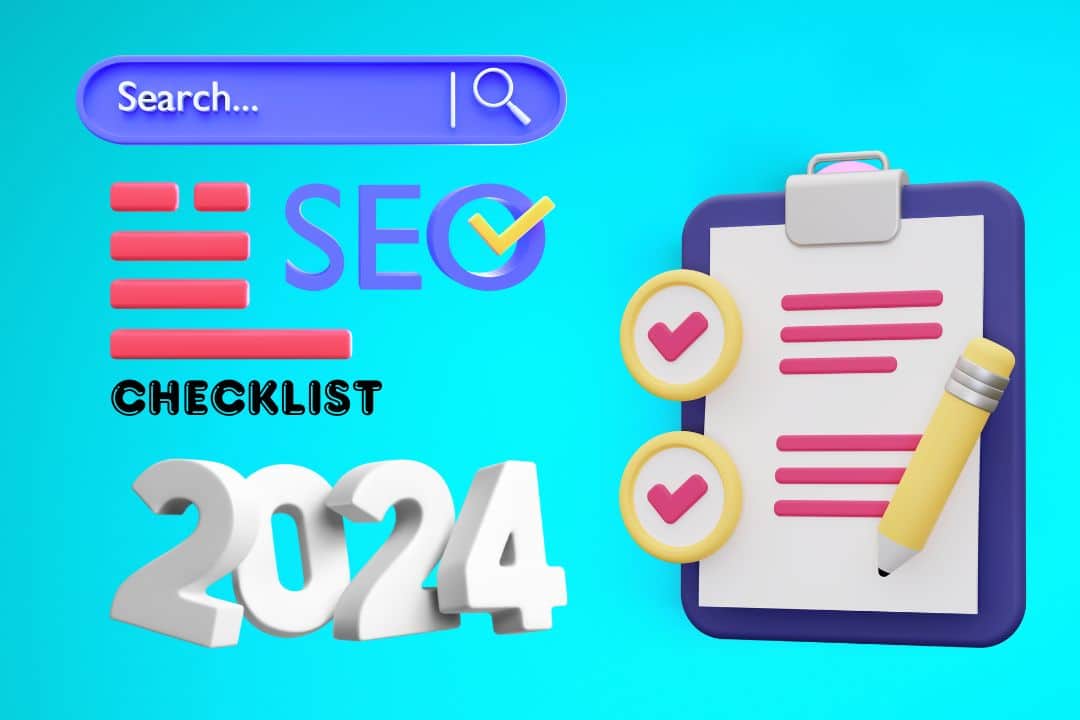Welcome to our February 2024 SEO Recap, where we dive into the latest insights and updates from Google Search, Google Ads, and Bing. In this month’s roundup, we’ll explore new features, innovations, and strategies that can help marketers and businesses stay ahead in the ever-evolving landscape of digital marketing. From Google’s Circle to Search and Multisearch innovations to LinkedIn’s Sponsored Content and Google Ads’ Conversational Experience, there’s plenty to unpack and leverage for optimizing your online presence. Join us as we dissect these developments and glean actionable insights to elevate your SEO game.
Facebook's Link History Tracking
Facebook’s new “Link History” setting allows tracking of users’ website visits for targeted ads, with opt-out available but subtly encouraged, amidst increasing privacy regulations and tech giants’ privacy enhancements. Despite promises of data deletion within 90 days upon opt-out, concerns arise regarding Facebook’s extensive tracking practices beyond disclosed parameters, creating confusion and potential privacy loopholes. The setting only addresses recording link clicks within Facebook’s app, overlooking broader web activity surveillance through tactics like the “Meta Pixel” on external sites. As other tech companies move towards heightened privacy measures, Facebook’s introduction of Link History contrasts with industry trends and regulatory actions, highlighting ongoing debates over user data protection. Thomas Germain’s article, published on January 2, 2024, delves into the intricacies of Facebook’s latest privacy feature. Read more
Deprecation of Crawl Rate Limiter in Search Console
The crawl rate limiter tool in Search Console is being deprecated on Jan 8th, 2024. This tool, available for over a decade, is becoming less useful due to improvements in crawling logic and alternative publisher tools. Googlebot’s behavior now adapts to server responses, automatically slowing down if issues like HTTP 500 errors or prolonged response times occur. The rate limiter tool, with its slower effect, may have taken over a day to apply new limits. However, few site owners relied on it, often setting crawling speeds to the minimum. With its deprecation, the minimum crawling speed will be lowered to maintain previous settings for low Search interest sites. Advancements in automated crawl rate handling and simplicity for users drive this decision. The Googlebot report form will remain for reporting unusual activities or emergencies. Remember, the fastest way to adjust crawl rate is through server responses as detailed in our documentation. Read more
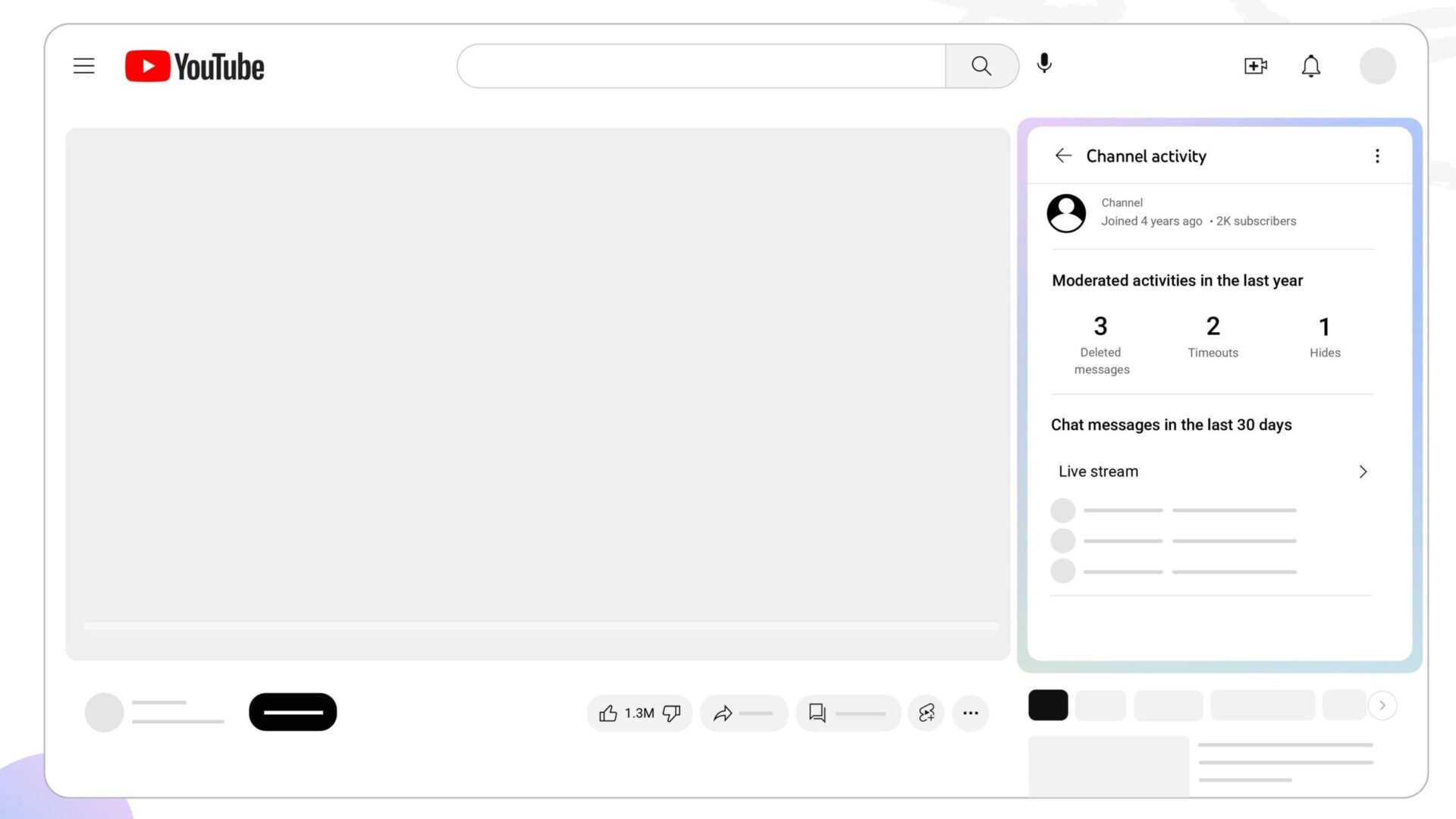
YouTube Unveils Live Stream Analytics, Podcast Uploads
YouTube has rolled out exciting new features to enhance the live streaming experience for creators. Now, streamers have access to analytics directly within the chat, enabling real-time insights into viewer engagement. Additionally, podcasters can easily upload content via RSS feeds, expanding their reach on the platform.
Moreover, YouTube has introduced a streamlined workflow for converting videos into shorts, tapping into the trend of short-form content. These innovations empower creators to diversify their content and engage with their audience in new ways.
Furthermore, moderation tools have been enhanced, allowing creators to manage live chat effectively. With access to Channel Activity, moderators can review user chat history and handle moderation tasks seamlessly. These features are currently available on desktop with mobile compatibility on the horizon.
Moderating live chat is now easier than ever, offering creators the ability to curate their stream experience while ensuring a safe and enjoyable environment for viewers. It’s important to note that all participants can report or block users, contributing to a positive community atmosphere.
Preparation is key, and creators can set up moderation tools before, during, and after their live streams, maximizing control over the content and interactions. These tools provide creators with the flexibility to tailor their live chat experience according to their preferences and audience needs. Read more
Google Preparations for EU's Digital Markets Act
Google, in preparation for the Digital Markets Act (DMA) in the European Union, is implementing changes to comply with regulations. European users will encounter consent banners for data sharing between Google services. Search results will feature dedicated units for comparison sites, with query shortcuts and removal of certain features like Google Flights. Choice screens for selecting default search engines or browsers will be displayed on Android devices and Chrome apps. Additionally, Google is enhancing data portability with a new API for developers. Feedback from stakeholders is considered, though concerns about reduced choices remain. Further updates on compliance will be shared before the March deadline.
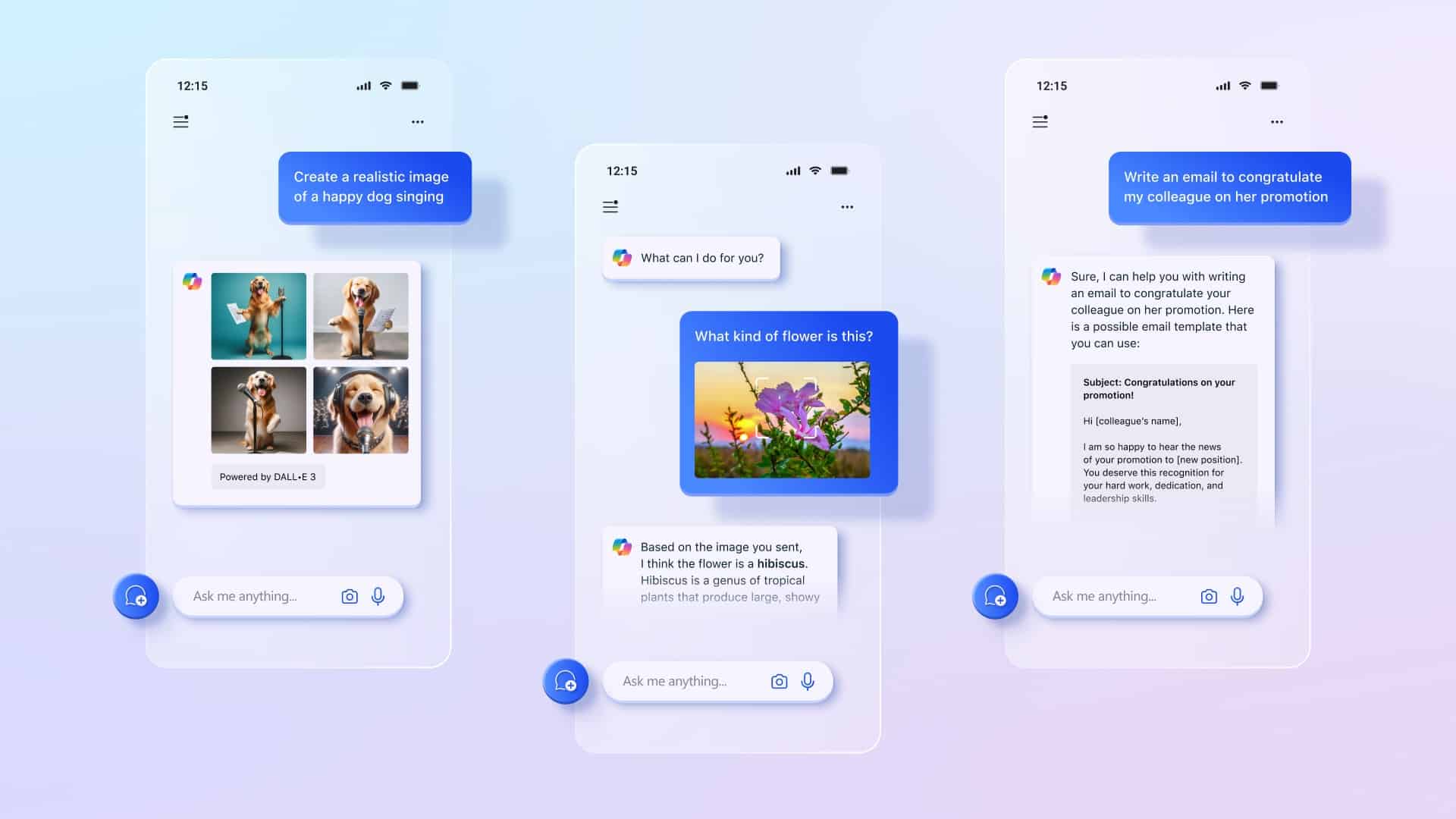
Bing Chat (Copilot Pro): Enhanced Features at $20/month
Microsoft is expanding Copilot’s reach, introducing Copilot Pro for individuals seeking advanced AI assistance in various tasks like writing, coding, and designing. Copilot Pro offers access across devices, including Microsoft 365 apps, with priority to the latest AI models like GPT-4 Turbo. Additionally, it features enhanced image creation and the ability to build customized Copilot GPTs. For businesses, Copilot for Microsoft 365 is now available to organizations of all sizes, with flexible seat options and integration into daily workflows. New features include Copilot GPTs for tailored assistance and mobile apps for on-the-go productivity. These updates aim to cater to diverse user needs, whether for personal or professional tasks, providing powerful AI assistance to empower creativity and productivity. Read more
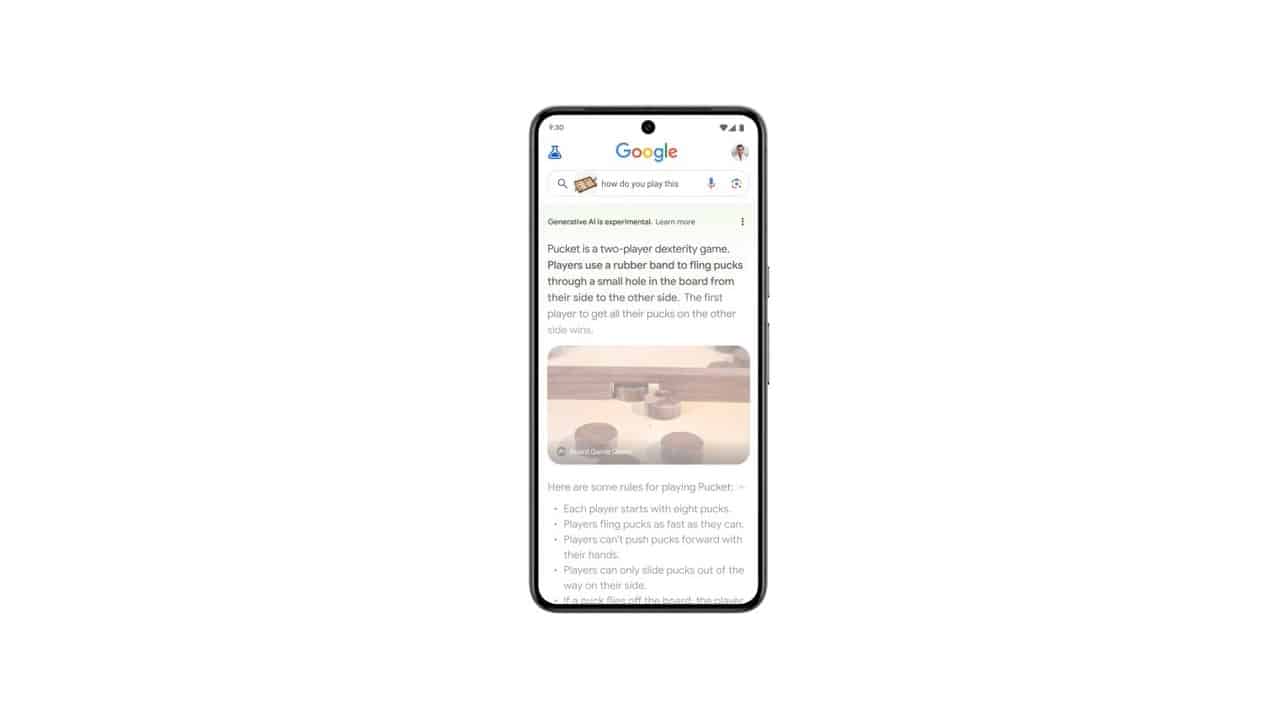
Google's 2024 Search Innovations: Circle and Multisearch
In 2024, Google unveils two innovations: Circle to Search lets users highlight content on their Android screens for instant search results. Multisearch in Lens now provides AI-powered insights beyond visual matches, aiding complex queries. Launching globally on premium Android phones, Circle to Search simplifies on-screen searching. Multisearch, available in the U.S. and via Search Generative Experience (SGE) globally, enhances search depth. Google promises ongoing experimentation with generative AI to further enhance Search’s capabilities, inviting users to join Search Labs for early access.
LinkedIn's Sponsored Content: Boost Brand Visibility and Engagement
LinkedIn’s Sponsored Content empowers companies to boost articles, enhancing brand visibility and engagement. This versatile ad product offers various formats, including Document, Single Image, Video, Carousel, Event, and Thought Leader Ads, catering to diverse marketing goals. Advertisers can share thought leadership, showcase products, or promote events. Getting started involves creating a LinkedIn Page, crafting compelling content, and launching Sponsored Content campaigns. Advanced features like Direct Sponsored Content and Lead Gen Forms enable precise targeting and lead generation. Measurement tools provide insights into ad performance and audience demographics, facilitating optimization for maximum impact.
Google Ads' Conversational Experience: AI-Powered Campaign Assistance
Google Ads introduced Conversational Experience, a chat-based feature powered by the Gemini AI model, available in the US and UK. It accelerates campaign creation by assisting in keyword research, sitelink generation, and image creation. Users engage with the tool to optimize search campaigns efficiently. They input their landing page URL, and Google AI generates suggestions for headlines, descriptions, keywords, and visuals. Users maintain control, approving or revising suggestions before campaigns go live. Tips include clear communication, treating AI like a human, and adherence to Google Ads policies. Limitations include ongoing development, beta availability, and language/geographical restrictions.
